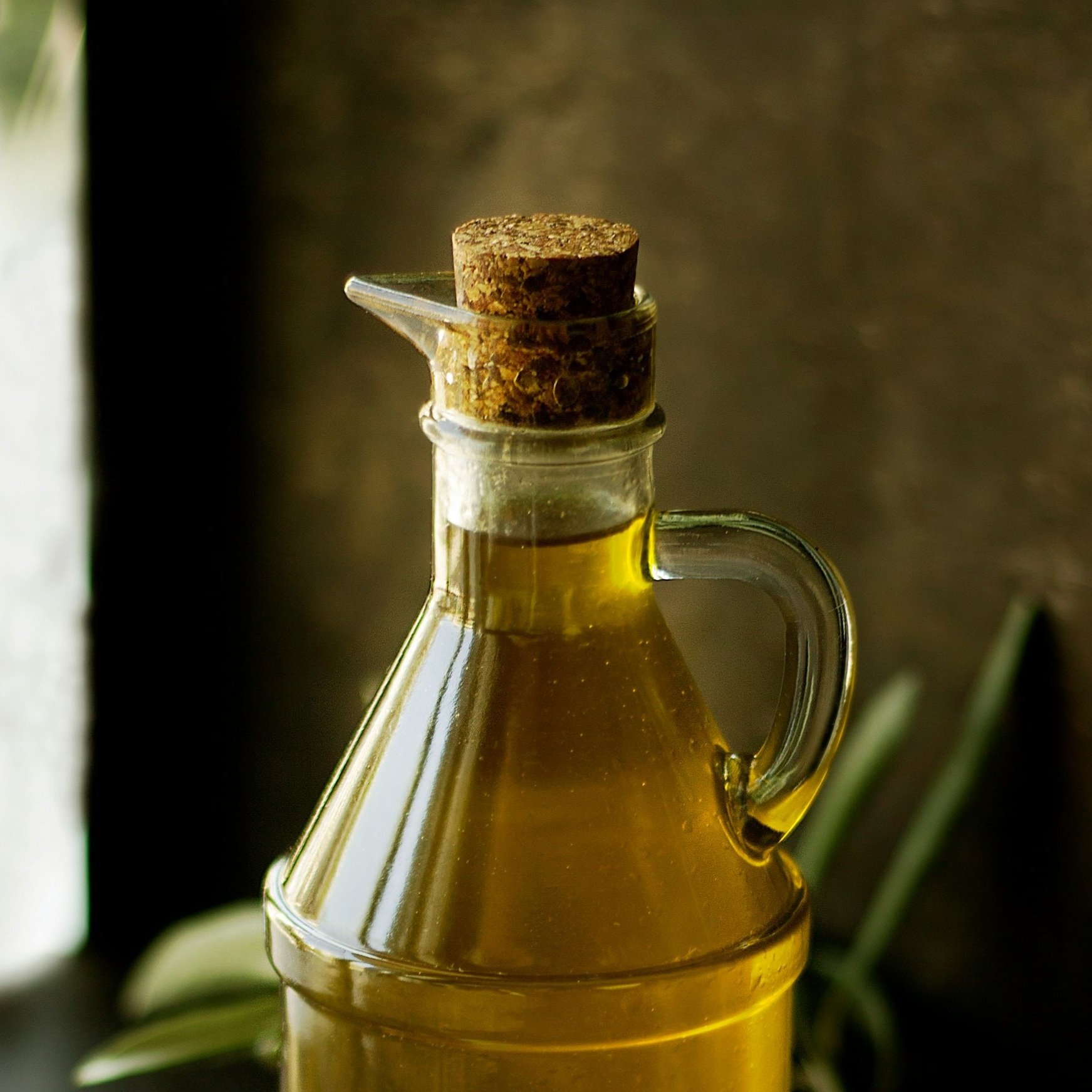ARE SEED OILS BAD FOR YOU?
If you’re on social media, you’ve likely heard the warnings about seed oils wreaking havoc on your body. But are they really that bad for you? As with most nutrition questions, the answer is nuanced, so we’re here to present the facts, as well as our opinion, so you can make an informed decision.
First off, let’s define seed oils:
Seed oils are cooking oils that come from the seeds of plants. The most frequently used ones are canola (rapeseed), corn, cottonseed, grapeseed, soybean, sunflower, safflower, rice bran, and peanut oils.
Now, let’s talk about the issue:
Seed oils contain omega-6 fats. While it’s important that we get some omega-6 fats from our diet, it’s also important that our ratio of omega-6 fats and omega-3 fats remains between 1:1 and 4:1. Unfortunately, the typical Western diet now puts people at a ratio of 20:1, which is very dangerous. Having so much more omega-6 than omega-3 fat can lead to inflammation, allergies, and autoimmune reactions.
But here’s the catch:
It’s important to note that most seed oil consumption in the Western diet comes from processed foods. Seed oils are cheap and shelf-stable, and are therefore widely used by food manufacturers. Because a typical Western diet is overloaded with processed foods, it isn’t surprising that the omega-6 to omega-3 ratio is so off the charts. But this also begs the question: how much of the chronic inflammation we’re seeing is a direct result of seed oils versus a diet that is overloaded with processed foods that are replacing whole, fresh nutrient-dense foods?
So what do we think?
Taking this into account, we believe the messaging should be less about the seed oils and more about the quality of the overall diet. Is having some seed oil in the diet the end of the world? No; especially if your diet is otherwise rich in omega-3 fats (think: cold water fish, nuts, avocado, etc.). Is having some processed foods in the diet the end of the world? Absolutely not; as long as you’re balancing them out with whole, fresh foods as well. And yes, when it comes to shopping for oil to use at home, you should opt for olive oil or avocado oil, which are rich in omega-3 fats.
But, why not just avoid them altogether?
We understand that it’s tempting to be black and white about food and nutrition because navigating the grey of “balanced eating” is difficult. But when we do that, we get hung up on the minutiae and miss the bigger picture. It’s so much better to be well-informed, understand the facts, and make a realistic decision that you can stick to for the long term, which is exactly our motto here at 4Q Method.
If you have any questions or need help navigating the grey of “balanced eating”, feel free to reach out and schedule a complimentary intro call.
And if you’re looking for ways to get more omega-3 fats into your diet, check out these delicious omega-3 rich recipes (here, here, and here) to help you get your fill!

